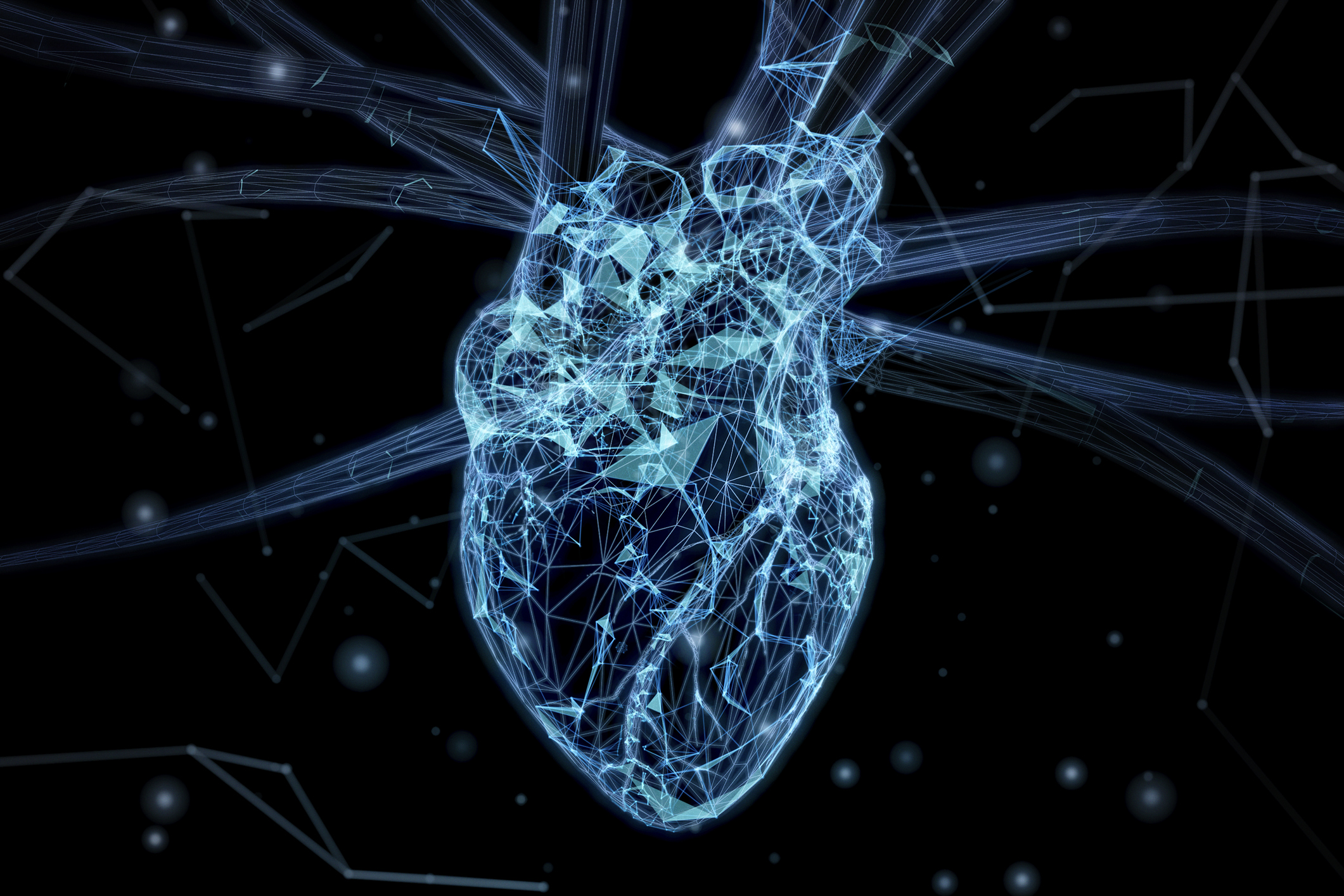Two heart conditions that are often confused are heart attacks and sudden cardiac arrest. A heart attack occurs when there is a blood flow blockage while sudden cardiac arrest is the unexpected loss of heart function. Sudden cardiac arrest is more severe, resulting in death if emergency care is not provided quickly. According to the Sudden Cardiac Arrest Foundation, nearly 90 percent of sudden cardiac arrest cases are fatal.
“Sudden cardiac arrest is often caused by coronary disease in men and women over 50,” said Ken Bodine, MD, Non-Invasive Cardiologist and Medical Director for Cardiac Rehab. “Cardiomyopathies and heart failure are the next highest risk factors. In young people, it is frequently a congenital heart condition. Trauma like car accidents or neurological conditions like stroke can also cause sudden cardiac arrest.”
Family history, obesity, diabetes, high blood pressure, high cholesterol, stress and smoking also raise the risk for heart attack. With sudden cardiac arrest, previous heart attacks or other acute cardiac events raise a person’s risk.
If you believe you are having a heart attack or emergent cardiac event, it's important to call an ambulance or friend to drive you.
“If you think you are having a heart related emergency, you should not drive yourself to the hospital," said Cory Fanning, MS, CEP, Supervisor, Cardiac Rehab. "While you may feel like you can drive in the moment, things can progress quickly, and turn out to be very dangerous for yourself and anyone else on the road."
Receiving CPR (cardiopulmonary resuscitation) or BLS (basic life support) certification is also helpful. “It truly could be life changing in the event of an emergency in the home or community,” said Fanning.
“A primary physician or cardiologist can screen for cholesterol, diabetes, blood pressure, weight and smoking,” said Dr. Bodine. “That’s where preventative care comes into focus. A lot of times, there’s no warning symptoms, and cardiac arrest comes out of the blue. So, it’s important to take preventative steps and monitor these factors at yearly exams.”
“Preventative exercise is strongly recognized as beneficial to the heart,” said Fanning. “Basic recommendations include exercising 30 minutes a day, most days of the week, at a moderate intensity.” He also recommends aerobic activities such as walking, biking and swimming.
The Carle Health cardiac rehab team educates patients on dietary habits to decrease their risk of cardiac related events. This includes avoiding oversized portions, frozen meals and foods high in sodium and saturated fat. Fanning encourages lean sources of protein, fruits, vegetables and low-fat or fat-free dairy choices.
“To prevent cardiac arrest, after a heart attack, you might have a procedure like a stent or surgery, and cardiac rehab is strongly recommended,” said Dr. Bodine. “At Carle, we have an automatic order for patients to enter the program after hospitalization. I recommend it because it helps as much as medications and procedures.”
Patients in the program also receive a guide for exercising at home. A patient’s initial return to exercise should be with the cardiac rehab team. This helps to track the patient’s heart while it is healing and regaining strength.
“Patients can expect to see improvements in their ability to be independent with everyday tasks,” said Fanning. “A lot of patients report increases in strength and endurance and don’t fatigue as easily. They also note that activities that used to be difficult or a burden have become easier. Things like taking the stairs or playing on the floor with their grandchildren.”
For more information on managing heart health, visit Carle.org.
Categories: Staying Healthy
Tags: Arrest, Attack, Cardia, Cardiac, Cardiology, Heart, Institute, Prevention, Rehab, Sudden, Vascular
